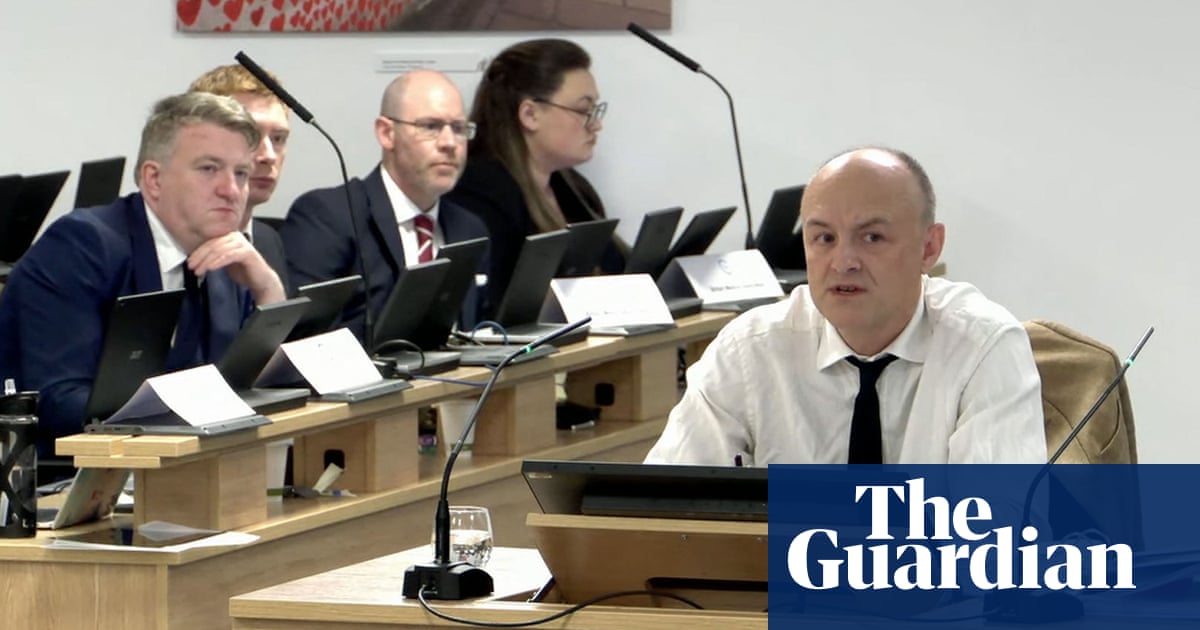
The exams debacle could fatally undermine Boris Johnson’s claim to be a champion of “levelling up”, a former education secretary has said.
Justine Greening, who was education secretary for two years under Theresa May, said that more had to be done to ensure young people were not failed again by the government.
She said the fallout from the crisis, in which poorer pupils suffered disproportionately as A-level results were downgraded by algorithm until a humiliating government U-turn, could do to Johnson what Black Wednesday did to John Major.
“The exams crisis this summer threatens to be as damaging for the public’s confidence in Boris Johnson’s government’s ability to level up Britain, as the ERM crisis was for John Major’s government’s competence on economic management,” she said.
Greening, writing for the Guardian, also said she believed the education secretary, Gavin Williamson, would have been aware of the risk to disadvantaged pupils before the exams crisis unfolded and that more must be done to help disadvantaged students as schools reopen next week.
“While talk about levelling up has continued, levelling down is what’s happened in reality,” she said.
Greening said she hoped the class of 2020 would be a catalyst for employers to place less value on exam results and more on potential.
Greening lost the Conservative whip under Johnson, along with a number of former cabinet ministers, over a series of Brexit rebellions, but had previously quit May’s cabinet after she refused to move from the DfE to be business secretary.
She said Williamson would have been aware of the potential of the system to inflict damage on the life chances of poorer pupils – and that they would need the most support after schools closures.
“It was clear when life-defining exams were cancelled that there would also be a need for a plan to ensure university places, apprenticeships and wider employment opportunities wouldn’t become even further out of reach for young people,” she said.
“Gavin Williamson was right to say sorry to young people for the school exam disruption they’ve had to suffer, but ultimately actions speak louder than words.”
Greening said that as well as ensuring schools return next week, the government had to have a targeted plan to help those in education worst affected by lack of schooling.
“There must be a properly resourced plan to support every child to catch up on lost time, and more personalised tutoring and support for those worst affected,” she said.
“The government has had long enough to work through the challenges. We cannot have ‘Soino’ – schools open in name only, but children still falling behind.”
Greening said the chaos over the 2020 exam results should speed up moves to place less emphasis on exam grades, for universities, apprenticeships and employers.
“A smarter approach means assessing the rest of a young person’s wider potential beyond purely academic attainment assessed through an exam,” she said. “Academic exam grades end up being an overly narrow, traditional measure or proxy of a young person’s potential that can be gamed by the extra investment in outcomes for children in private education.”
Greening said the government would continue to fail a generation of young people unless it could show there was a proper plan to prevent mass unemployment after the pandemic.
“The chancellor and his Treasury department must bring forward a plan for the economy so it can generate enough high-skilled jobs for these diverse, talented young people as they graduate in the coming years,” she said.
“Delaying the budget planned for September would be a recipe for even more of the same chaos – a government continuing to be shaped by events, rather than shaping them. If ministers should have learnt one thing from the exams chaos this August, it is that you don’t fix problems by pretending they don’t exist, it only lets them get worse.”
Other former education secretaries have also been highly critical of Williamson’s approach in the months leading up to the A-level results. Almost 40% of pupils had their results downgraded, the majority from colleges or underperforming schools with larger class sizes.
Alan Johnson, education secretary under Tony Blair, said it would have been a political decision to allow efforts to stop grade inflation to override risks to pupils’ life chances. David Blunkett, another Labour education secretary, said the lack of direction from Johnson had left Williamson floundering.












